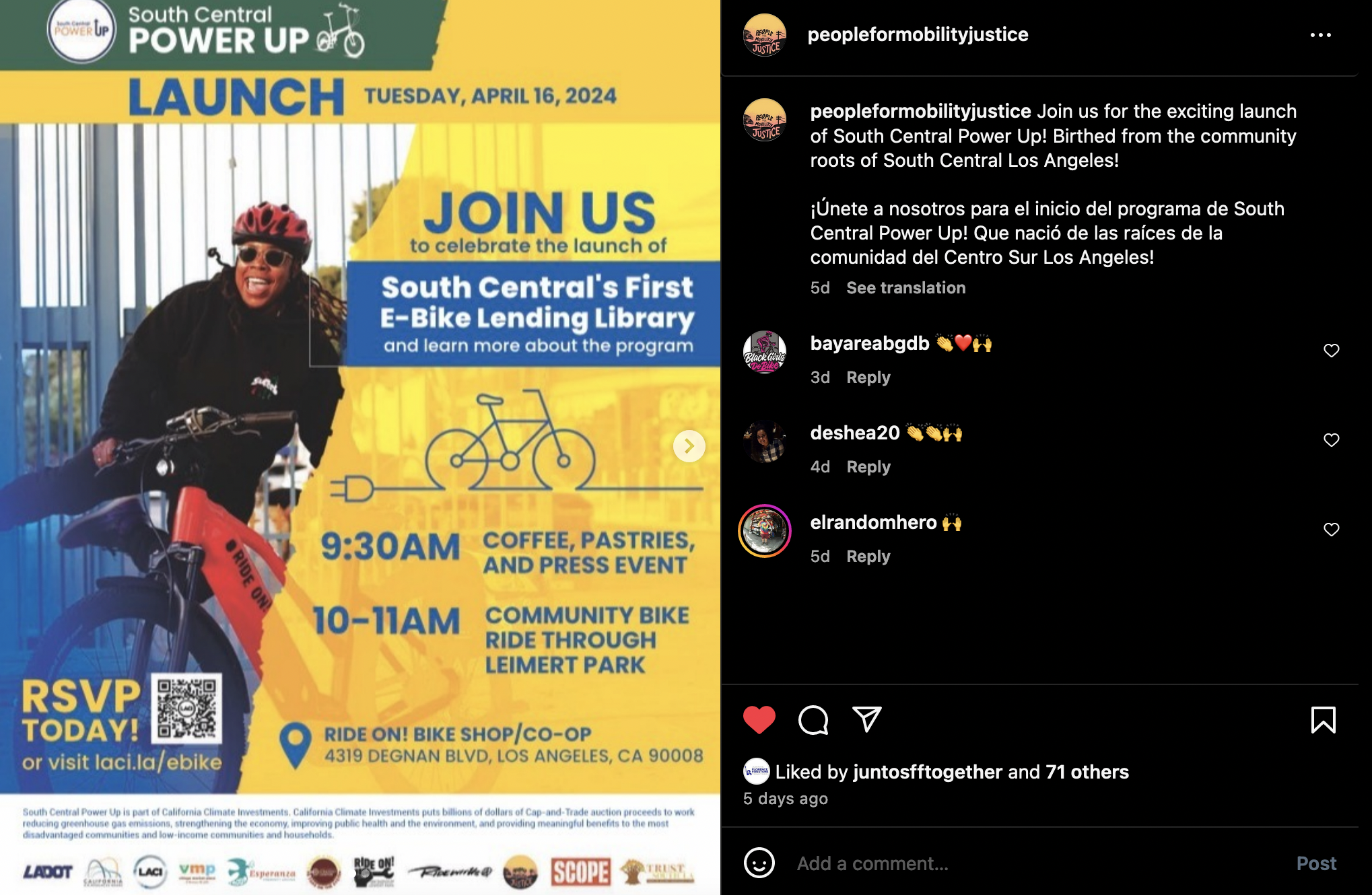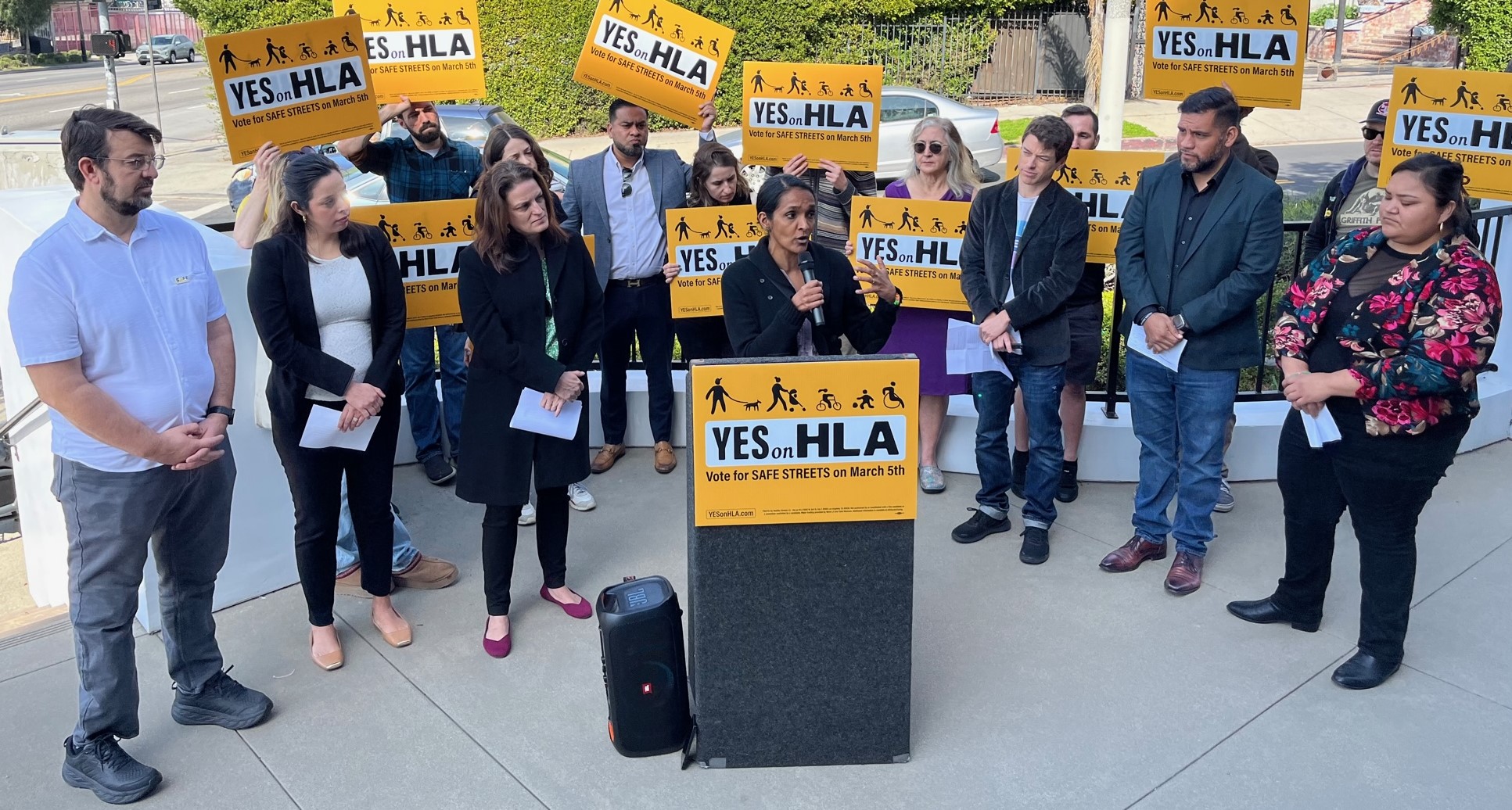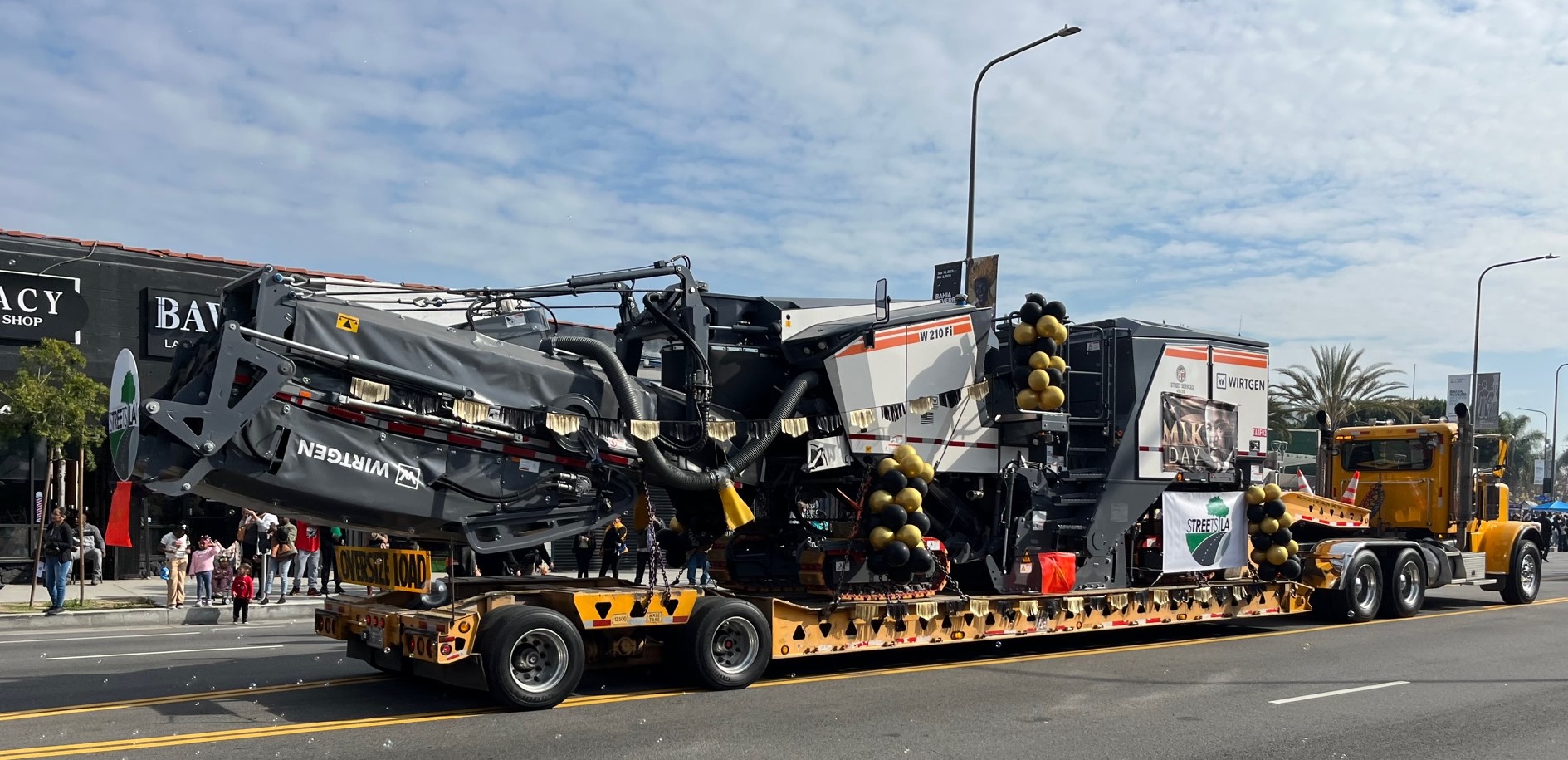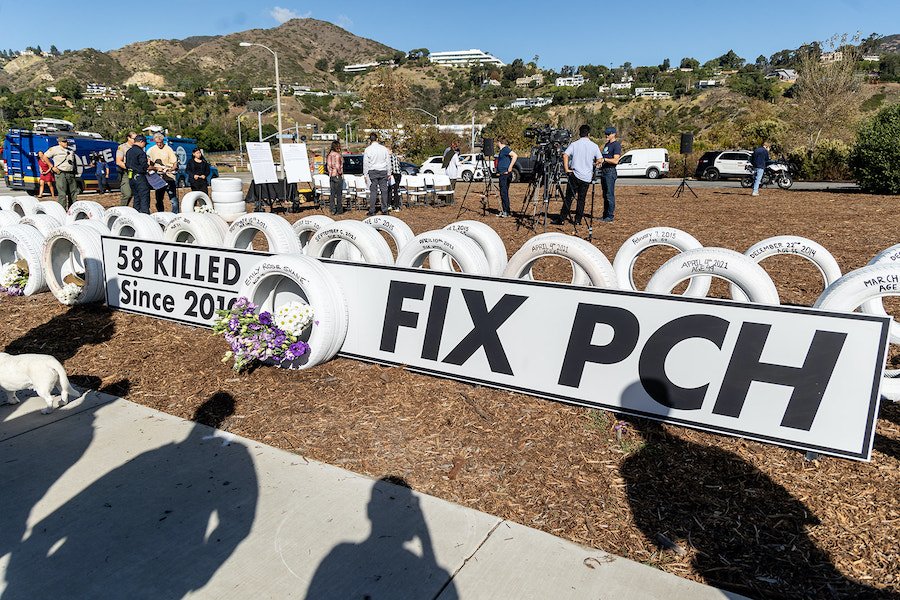Privatizing street parking.
There are few transportation-related measures that will
generate more controversy, more heated discussion and more strange bedfellows
than a proposal that combines flashpoint issues from across the spectrum: Smart
growth, privatization, parking, urban planning and budget issues all wrapped up
in one neat package.
And now, Los Angeles is considering privatizing our street
parking.
On Monday, a joint meeting of the Budget & Finance and
Transportation Committees, a report was presented from the Office of the City
Administrator about the benefits of the city selling the rights to maintain and
collect revenues from the currently-owned city parking. In attendance were Councilmembers Bernard
Parks, Bill Rosendahl, and Wendy Greuel.
Also present were a small horde of business interests looking to
cash-in.
It’s not like we’re going to wake up tomorrow and the city
will have handed over control of its parking meters. However, because the city is looking to
collect a one-shot fee to plug a budget hole for the next two budget years; unless someone stands up to fight the proposal
we could end up seeing a rushed process that is all about the city’s short-term
budget needs. Such a deal could leave
Los Angeles with another significant hurdle to bringing the kind of
transportation reform the city really needs.
I was planning a giant post on the issue for tomorrow, but realized that it's just too big to write about in one sitting. So, as the city begins to examine the
possibilities of temporarily closing a budget loophole at the expense of a
revenue stream for the long-term; Streetsblog will devote a significant portion
of time and effort into examining the pitfalls and opportunities of privatizing
city parking.
Tomorrow, we’ll talk about some of the transportation reform
issues that are being experienced in Chicago, a city that recently privatized its
street parking.
Thursday, we’ll discuss some of the issues about how to
price the contract from potential bidders and how to control rate increases.
We'll take a break on Friday, since I'll be out of town.
Next, we’ll talk about some of the long-term
transportation issues the city should consider in drawing its RFQ.
We'll wrap next Tuesday with a synopsis and try and answer any questions that come up in the comments section.





